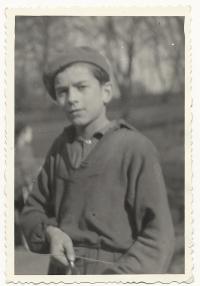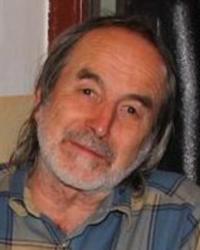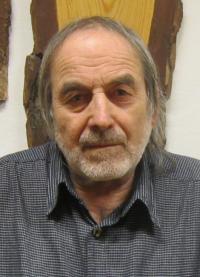I’m thankful for not being bored, thankful for every day

Stáhnout obrázek
Alfréd Schubert was born on 30 July 1940 in Prague. His German father was captured in the war and later stayed in West Germany. He only met his son once. Because of him, the regime did not allow the witness to enter the Pioneer children‘s organisation, and later it caused his university application to be refused. He was a member of an illegal Scout troop in the 1950s, after its leaders were arrested he tried to help lead several Prague troops. He started tramping in the 1960s - something he continues to do. He lived an adventurous life, he journeyed around western and eastern Europe with false documents, he worked in a circus in Russia and took trips to the guarded border zones. As a heritage worker he tried to stop the insensitive reconstruction of monuments; he still works in the heritage office. He has a wife and a son called Alfréd.


